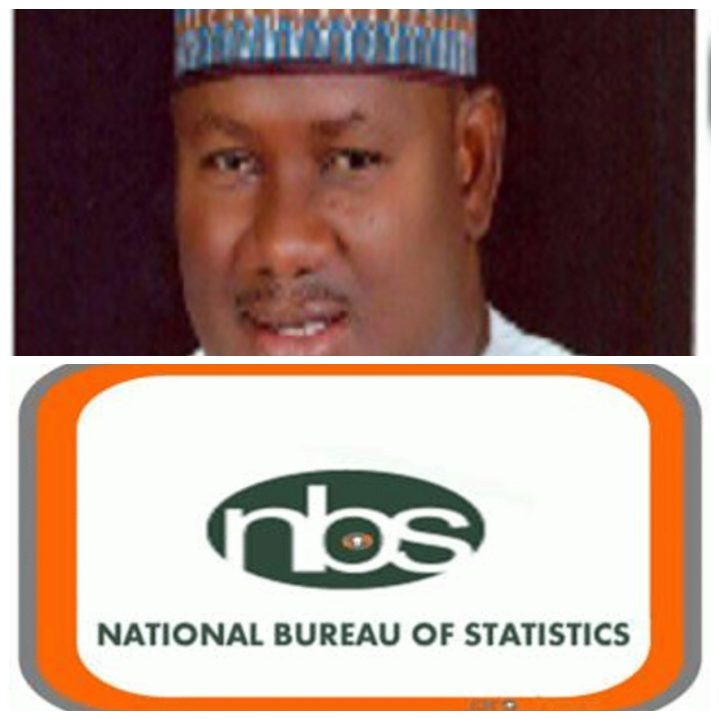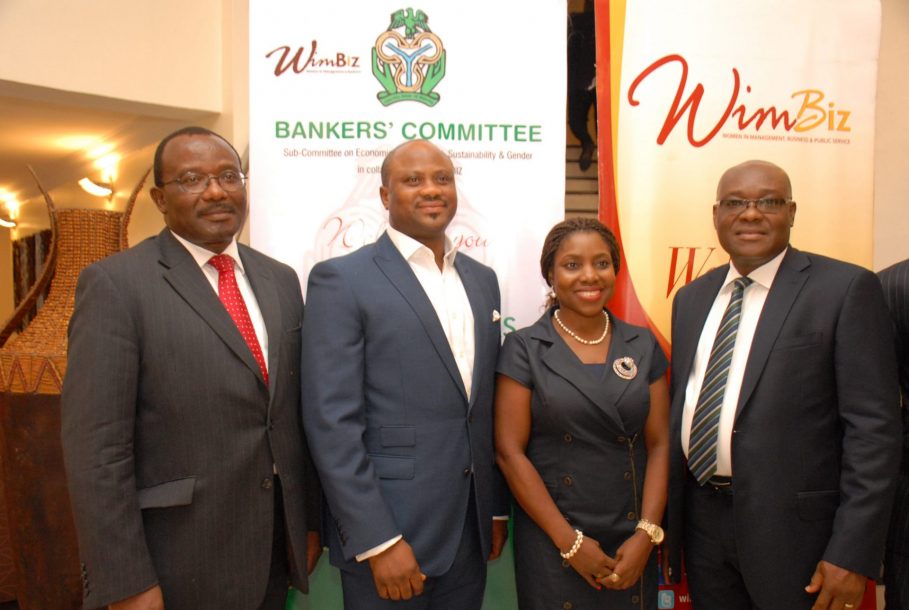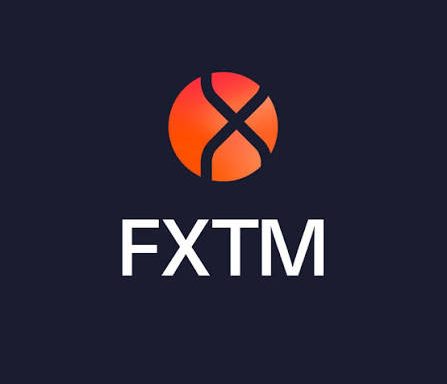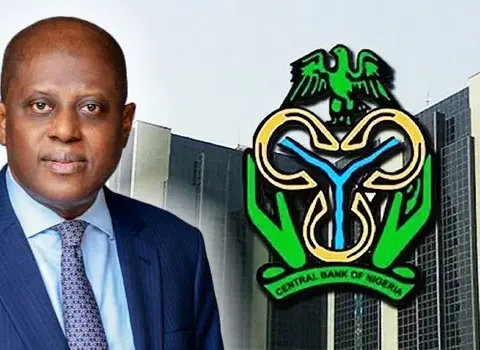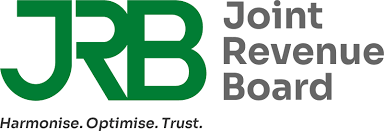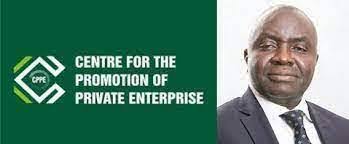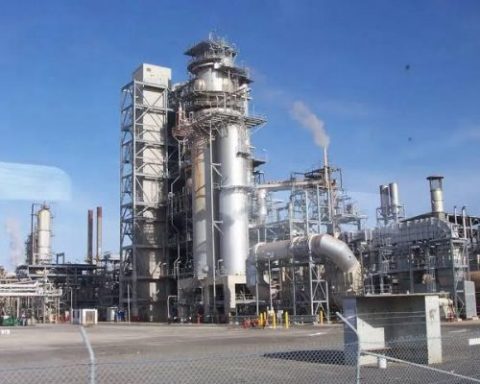Statistician-General of the Federation, Mr Simon Harry has said that the National Bureau of Statistics (NBS) CPI report for November, revealed that Inflation decreased by 0.59 per cent to 15.40 per cent.
Harry, who stated this on Wednesday during a media conference, also disclosed that rebasing of the Nigeria’s economy would take place in 2022 after completing the National Agricultural Sample Census (NASC).
According to him, there has been a consistent decrease in inflation rate in the last eight months and the figure for November is a decrease from the 15.99 per cent recorded in October.
Join our WhatsApp ChannelHe said, “With this, it means that the declining trend for about eight months portends a positive signal given the favourable economic conditions, the rate of inflation in Nigeria would come down to a bearable level.”
Harry stated that on month-on-month basis, headline index increased by 1.08 per cent in November, which was 0.10 per cent higher than the 0.98 per cent recorded in October.
The urban inflation rate increased by 15.92 per cent year-on-year in November from 15.47 per cent recorded in November 2020, while the rural inflation rate increased by 14.89 per cent in November from 14.33 per cent in November 2020.
On a month-on-month basis, however, urban index rose by 1.12 per cent in November, up by 0.10 per cent from the 1.02 per cent recorded in October, while rural index also rose by 1.04 per cent in November, up by 0.09 per cent from 0.95 per cent rate recorded in October.
He also said that composite food index rose by 17.21 per cent in November compared to 18.30 per cent in November 2020.
According to him, the rise in food index was caused by increases in prices of bread and cereals, fish, food product such as potatoes, yam and other tuber, oil and fats, milk, cheese and eggs and coffee, tea and cocoa.
However, on month-on-month basis, food sub-index increased by 1.07 per cent in November, up by 0.16 per cent points from 0.91 per cent recorded in October.
Also, the “All items less farm produce’’ or Core inflation, which excludes the prices of volatile agricultural produce stood at 13.85 per cent in November, up by 0.61 per cent when compared with 11.05 per cent recorded in November 2020.
He added that on month-on-month basis, the core sub-index increased by 1.26 per cent in November.
“This was down by 0.46 per cent when compared with 0.80 per cent recorded in October.
“The highest increases were recorded in prices of gas, liquid fuel, other services such as garments, vehicle spare parts, passenger transport by road, non-durable household goods, jewelry, clocks and watches.
“Others are passenger transport by air, pharmaceutical products, appliances, articles and products for personal care, cleaning, repair and hire of clothing and fuels and lubricants for personal transport equipment.”
The NBS report which was obtained by Prime Business Africa revealed that all items inflation on year on year basis was highest in Gombe at 18.54 per cent, Jigawa 17.54 per cent and Nasarawa 17.43.
Kwara at 11.73 per cent, Rivers 13.36 per cent and Edo 13.50 per cent recorded the slowest rise in headline Year on Year inflation.
“On month on month basis however, November recorded the highest increases in Cross River at 2.38 per cent, Enugu 1.94 per cent and Ekiti 1.89 per cent.
“Bauchi at 0.10 per cent, Akwa Ibom 0.22 per cent and Ebonyi 0.38 per cent recorded the slowest rise in headline month on month inflation,” The NBS report stated.
Consumer Price Index (CPI) measures the average change over time in prices of goods and services consumed by people for day-to-day living.


